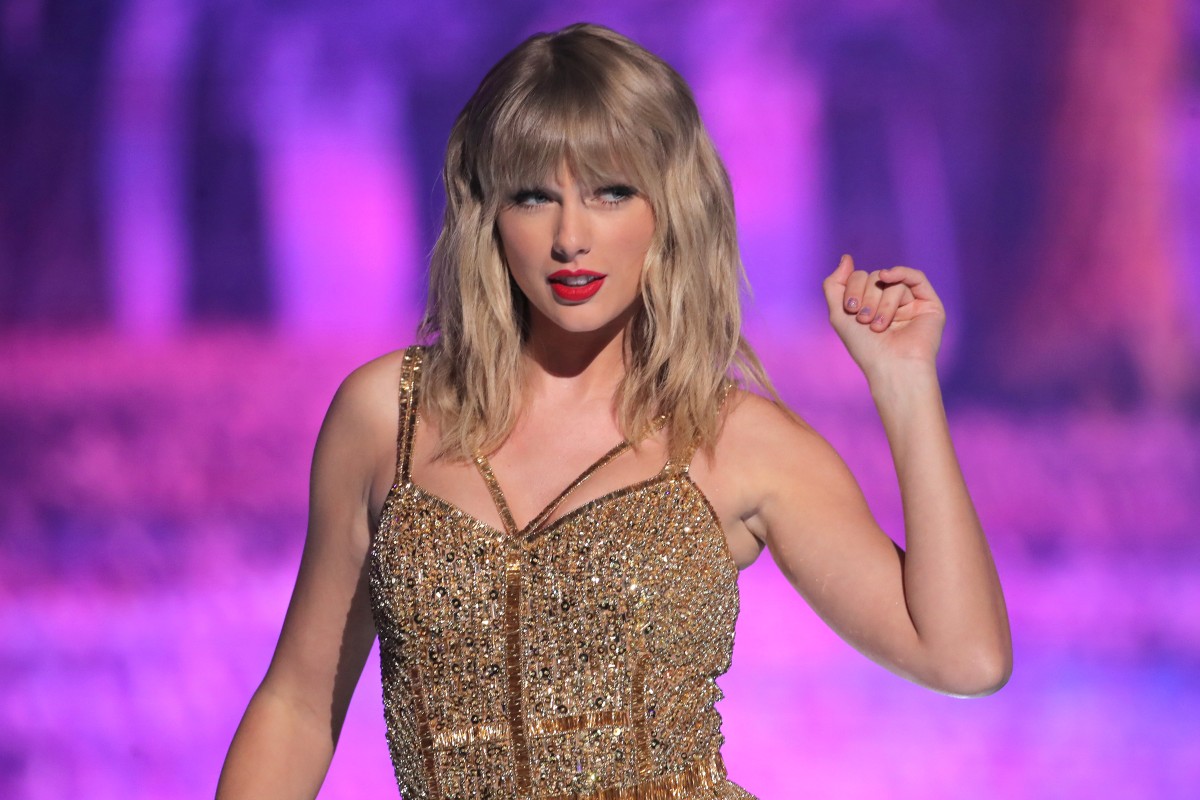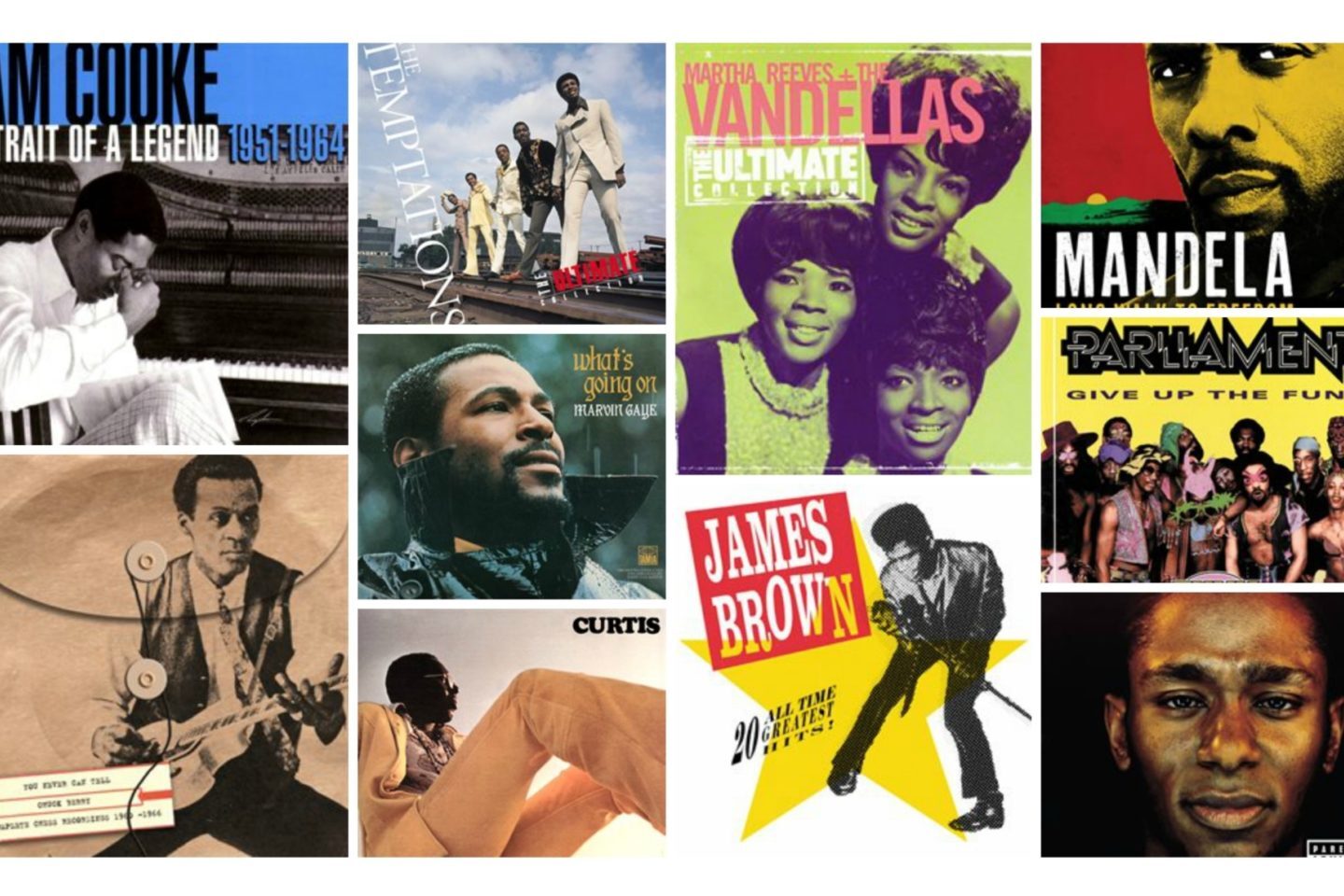On Monday, electronic duo Daft Punk announced that they are breaking up after a 28 year-long collaboration. Responsible for some of the most popular dance songs of all time, the Parisian pair declared their split with an 8 minute-long dialogue-free YouTube video, a cryptic ending to their mysterious, fantastical, and world-changing career.
Daft Punk was formed in Paris in 1993 by Thomas Bangalter and Guy-Manuel de Homem-Christo, who met as students in secondary school in 1987. They released their first album, Homework, in 1997, introducing their unique sound to the music scene with hits like “Around the World” and “Da Funk.” Four years later, they followed up with their sophomore album Discovery, which became an international hit. Around the same time, Daft Punk began wearing their trademark robot costumes, which Bangalter has explained with a story about a studio explosion: “We did not choose to become robots. We were working on our sampler, and at exactly 9:09 a.m. on September 9, 1999, it exploded. When we regained consciousness, we discovered that we had become robots.” After Discovery’s release, the duo consistently appeared in public in full body robot suits and light-up helmets, creating a sense of anonymity that heightened fans’ excitement and curiosity.
Following the introduction of these unique robotic identities, Daft Punk launched their influential light show, an inimitable and revolutionary “audio-visual revelation.” The pair performed in their robot costumes inside a light-up pyramid on a complex stage set-up, becoming the first electronic act to create such a massive and intricate production. These performances served to create a striking and unforgettable visual identity for Daft Punk, which allowed them to build their own world of fantasy and mystery that enhanced their audiences’ musical experience. The light shows also influenced a new generation of complex and exciting electronic acts, including Skrillex, David Guetta, and Disclosure.
They continued their career with hits like “One More Time,” “Harder, Better, Faster, Stronger,” and the grammy-winning “Get Lucky,” all of which secured their place in dance and pop music history. Their most recent and final album, 2013’s Random Access Memories, earned the pair a home at the top of the charts and three Grammys, including Album of the Year. Daft Punk have also collaborated on and produced many best selling tracks, such as “I Feel It Coming” and “Starboy.”
Now, the duo has decided to retire their robot suits after almost three decades, four albums, and two tours. They revealed this decision on Monday, February 22nd through the “Epilogue,” a clip taken from their 2006 dialgoue-free sci-fi movie, Electroma. In the YouTube video, the duo are wearing their classic costumes, walking through a windy desert where they flip a switch that sets off a countdown for self destruction. The eight-minute long display ends with a shot of one gold and one silver hand making a triangle shape, with “1993-2021” displayed underneath as their song “Touch” plays. Beyond this video, the duo has been characteristically silent, and no reason has been cited for their breakup.
Streams and sales have skyrocketed for Daft Punk as fans remember their favorite songs and albums, with on-demand streams increasing 242% on Monday and sales jumping 2,650% since the announcement. Musicians have shared their support on social media, with artists such as Alesso, Disclosure, Zedd, Mark Ronson, Pharrel Williams, and the Weeknd recognizing the group’s impact on the electronic and dance music industries.
Daft Punk’s unique sound, groundbreaking visual performances, and mysterious identity have left a lasting impact on musicians across genres and millions of listeners around the world, elevating the dance music scene and cementing the group’s role as “the most influential electronic act of its time.” Even though their career is complete, their influence on dance and electronic music will undoubtedly last for years to come.




